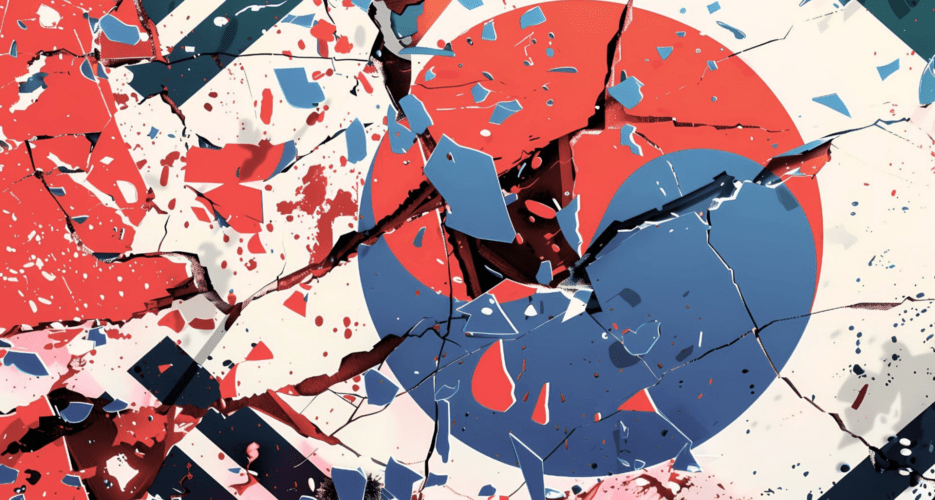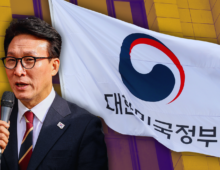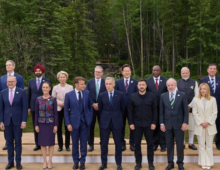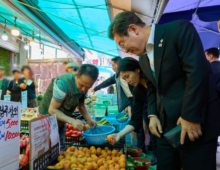In-depth Korea Pro analysis points to sustained erosion of democratic norms, continuing trends that began under Moon
South Korea has experienced systematic and sustained erosion of democratic norms and institutions since President Yoon Suk-yeol took office in May 2022, according to a comprehensive Korea Pro analysis of multiple indicators, with trends that began under the conservative president’s predecessor not only continuing but significantly worsening in some cases.
In the July 2020 journal article “South Korea’s Democratic Decay,” Stanford professor Gi-wook Shin generated heated debate by arguing that a series of actions by then-ROK President Moon Jae-in — including politically motivated investigations, infringements on press freedom, social polarization and the suppression of civil society — underscored democratic backsliding under the progressive administration.
South Korea has experienced systematic and sustained erosion of democratic norms and institutions since President Yoon Suk-yeol took office in May 2022, according to a comprehensive Korea Pro analysis of multiple indicators, with trends that began under the conservative president’s predecessor not only continuing but significantly worsening in some cases.
In the July 2020 journal article “South Korea’s Democratic Decay,” Stanford professor Gi-wook Shin generated heated debate by arguing that a series of actions by then-ROK President Moon Jae-in — including politically motivated investigations, infringements on press freedom, social polarization and the suppression of civil society — underscored democratic backsliding under the progressive administration.
Get your
KoreaPro
subscription today!
Unlock article access by becoming a KOREA PRO member today!
Unlock your access
to all our features.
Standard Annual plan includes:
-
Receive full archive access, full suite of newsletter products
-
Month in Review via email and the KOREA PRO website
-
Exclusive invites and priority access to member events
-
One year of access to NK News and NK News podcast
There are three plans available:
Lite, Standard and
Premium.
Explore which would be
the best one for you.
Explore membership options
© Korea Risk Group. All rights reserved.
No part of this content may be reproduced, distributed, or used for
commercial purposes without prior written permission from Korea Risk
Group.












